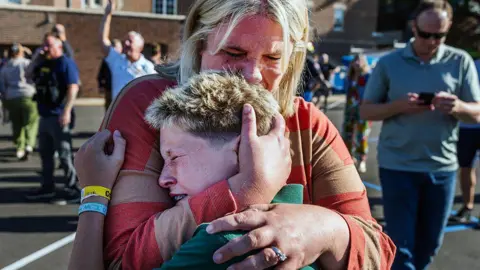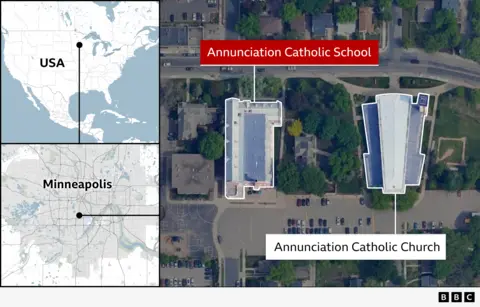On a seemingly ordinary afternoon last April, tragedy struck at Westfield Bondi Junction, claiming the lives of six individuals and injuring ten others in a mass stabbing. The ongoing inquiry into this horrifying incident has revealed multiple failures within mental health services and law enforcement, prompting families to lament a series of missed opportunities that could have potentially prevented this tragedy.
The emotional testimonies from victims' families, particularly Elizabeth Young, whose daughter Jade died in the stabbing, reflect the profound anguish experienced by those who lost loved ones in the attack. Young described the devastating moment she learned of her daughter's death, emphasizing the "cumulative failures" in the system that allowed a man with a documented history of mental illness to inflict such harm. The Inquiry is focused not only on the events of that April day but also on understanding how Joel Cauchi was able to evade intervention despite numerous alarming signs leading up to the attack.
Cauchi, a 40-year-old man from Queensland, was diagnosed with schizophrenia as a teenager. His mental health deteriorated over the years, and although he was under the care of mental health professionals, he eventually stopped taking his medication entirely in 2019. This lack of treatment coincided with his increasing contact with police due to disturbing behaviors, yet authorities were unable to detain him, citing a lack of immediate threat to himself or others.
The inquiry revealed that after moving to Brisbane, Cauchi was frequently reported to authorities but continued to slip through the cracks. The sheer scale of the mental health system's failings was laid bare when testimonies confirmed that he had been "floridly psychotic" during the attack at the shopping center—but no effective action had been taken to address his growing instability.
Witness accounts depict the terror of the attack vividly. Within a mere three minutes, Cauchi had claimed six victims and wounded others, with many witnessing the gruesome scenes firsthand. The immediate response from law enforcement led to the rapid neutralization of the threat, yet the subsequent revelations have ignited concerns about broader societal safety.
In response to these tragic events, security protocols at Bondi Junction have been reassessed, while families emphasized the importance of responsible media coverage. The inquiry aims to identify potential reforms to prevent such tragedies in the future, with NSW state coroner Teresa O'Sullivan signaling a push for systemic improvement.
Ultimately, the inquiry's findings could bring to light necessary changes within mental health care protocols and police procedures, with families advocating for more robust responses to individuals showing signs of severe mental health crises. As the community grapples with the aftermath of the attack, the need for comprehensive reform in mental health and public safety appears more urgent than ever.



















